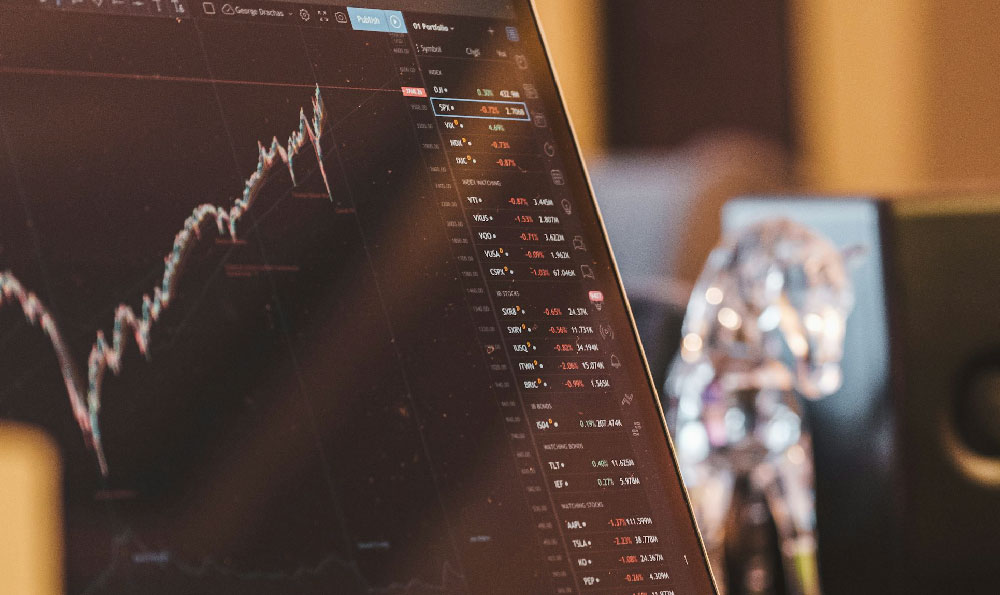Groq, a company rapidly gaining traction in the AI hardware space, presents a fascinating, albeit complex, investment opportunity. Understanding where to start and whether it's a worthwhile venture requires a multi-faceted approach, considering the company's technology, market position, competitive landscape, and inherent risks associated with investing in pre-IPO companies.
To begin, let's dissect Groq's core offering: the Tensor Streaming Processor (TSP). Unlike traditional GPUs, the TSP is designed specifically for inference, the process of deploying a trained AI model to make predictions. This architecture boasts exceptional speed and low latency, crucial for real-time applications like autonomous driving, natural language processing, and recommendation systems. This technological advantage positions Groq as a potential disruptor in the AI hardware market, which is currently dominated by established players like Nvidia. The efficiency and speed gains offered by Groq's hardware translate to lower operational costs and faster response times for companies deploying AI models at scale, a compelling value proposition in today's data-driven world.
However, the "potential disruptor" label comes with a caveat. Groq is still a relatively young company navigating a rapidly evolving landscape. Gaining significant market share against established giants requires not only superior technology but also a robust sales and marketing strategy, strong partnerships, and the ability to scale production to meet growing demand. This is where due diligence becomes paramount. Investigating Groq's customer base, partnerships with cloud providers or other technology companies, and their manufacturing capabilities are essential steps in assessing its viability as a long-term investment.

The question of "where to start" investing in Groq is particularly tricky, given its current pre-IPO status. This inherently limits access to direct investment for most retail investors. Opportunities might arise through participation in private equity funds that have invested in Groq, or potentially through secondary markets where shares of pre-IPO companies are traded. However, both these avenues come with their own set of challenges. Private equity funds often have high minimum investment requirements and limited liquidity, meaning your capital is locked up for a significant period. Secondary markets can be volatile and opaque, with limited information available about the company's performance. Due diligence becomes even more crucial in these scenarios. Thoroughly research the fund manager or the secondary market platform, understand the terms and conditions, and carefully assess the risks involved before committing any capital.
Furthermore, it’s important to temper excitement with a healthy dose of skepticism. Hype surrounding AI can often inflate valuations, making it difficult to determine a fair price for pre-IPO shares. Compare Groq's technology and market position with those of its competitors. Analyze its financial performance, if available, and assess its long-term growth potential. Consider the potential for regulatory hurdles or technological advancements that could impact its business. A realistic assessment of these factors is crucial to avoid overpaying for the investment.
Now, addressing the core question: "Is it worth it?" This is where individual risk tolerance and investment goals come into play. Investing in pre-IPO companies like Groq is inherently risky. There's no guarantee that the company will successfully navigate the challenges of the market, achieve profitability, or eventually go public. The investment could potentially result in significant losses.
However, the potential rewards can also be substantial. If Groq successfully establishes itself as a leading player in the AI hardware market, the value of its shares could appreciate significantly, generating substantial returns for early investors. This potential for high growth is what makes pre-IPO investments attractive to some investors.
To make an informed decision, consider the following:
- Risk Tolerance: Are you comfortable with the possibility of losing a significant portion of your investment? Pre-IPO investments should only constitute a small percentage of your overall portfolio, ensuring that your financial stability isn't jeopardized if the investment doesn't pan out.
- Investment Horizon: Are you prepared to hold the investment for a long period, potentially several years, while the company grows and potentially goes public? Pre-IPO investments are illiquid, meaning you may not be able to sell your shares easily.
- Information Availability: Do you have access to reliable information about the company's performance, market position, and competitive landscape? Due diligence is crucial, but it can be challenging to obtain accurate information about pre-IPO companies.
- Alternative Investments: Have you considered alternative investments that may offer similar returns with lower risk? Publicly traded companies in the AI sector, while less speculative, could provide exposure to the growth of the AI industry.
In conclusion, investing in Groq presents a high-risk, high-reward opportunity. While its innovative technology positions it for potential disruption in the AI hardware market, significant challenges remain. Before investing, conduct thorough due diligence, understand the risks involved, and carefully assess your own risk tolerance and investment goals. Consider seeking advice from a qualified financial advisor who can provide personalized guidance based on your individual circumstances. Approaching this investment with a cautious yet informed perspective will significantly increase your chances of making a sound financial decision. Remember, the key to successful investing, especially in emerging technologies, is to balance enthusiasm with prudence.











